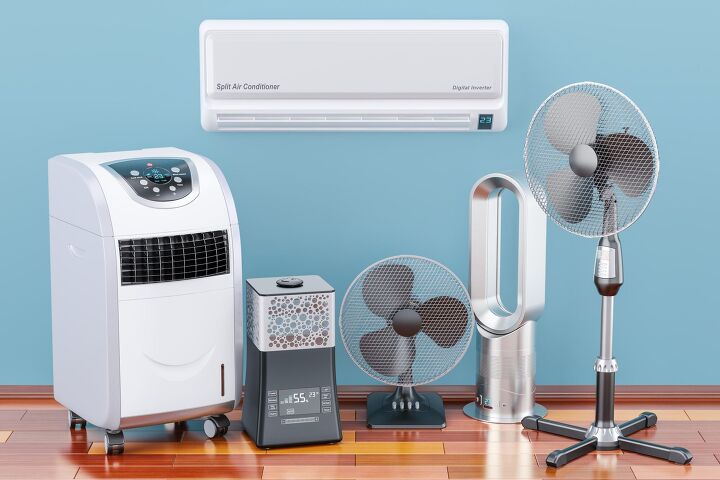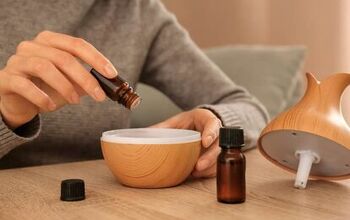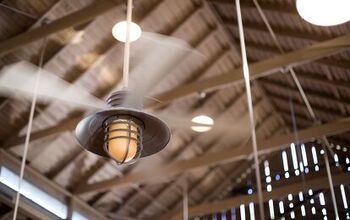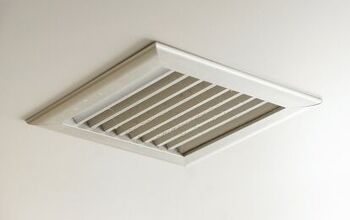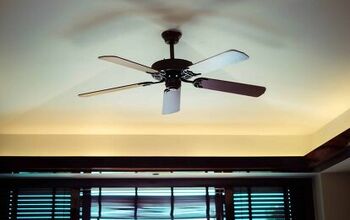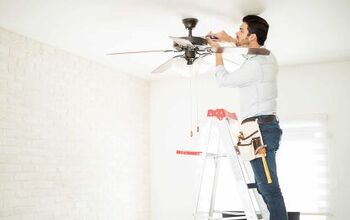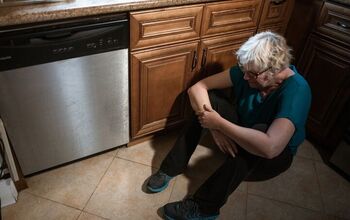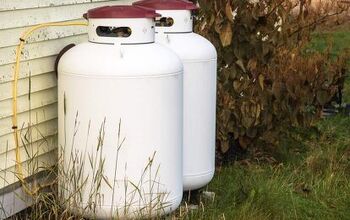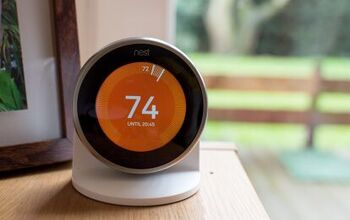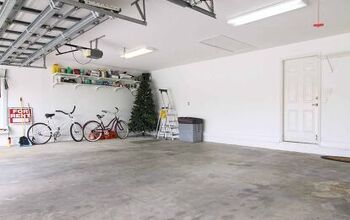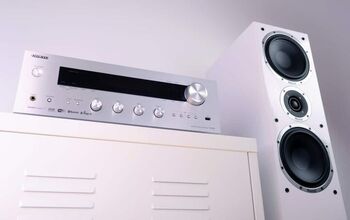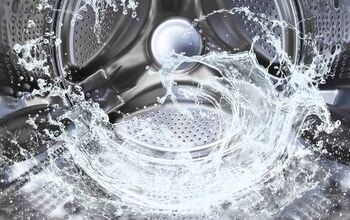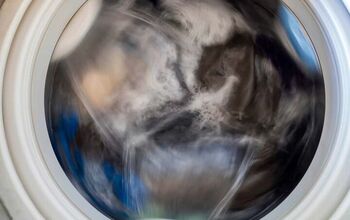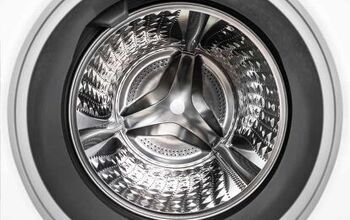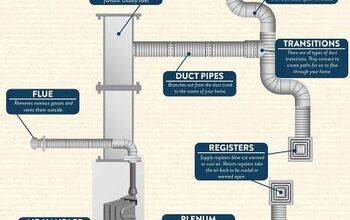Can You Have A Fan On With A Humidifier?

Both the humidifier and the fan are useful tools that help us stay comfortable in various temperatures. Although we are all aware of the basic operations of these two technologies, is it possible for them to coexist harmoniously?
A fan will help a humidifier spread the humidity throughout the room rather than become concentrated in certain areas. Furthermore, it will keep the water droplets from falling on your nearby furniture.
You should read the material in the following paragraphs to learn why a fan and a humidifier can cooperate, as well as whether a humidifier can be adversely affected.
We will also talk about different types of humidifiers, so you can ensure you have the proper one.
How Does A Fan Work With A Humidifier?
We already know that, for the most part, fans do not counteract the effects of humidifiers. Using the humidifier and the fan together won’t cause any issues.
Actually, it’s just the opposite; humidifiers function better with fans.
While a humidifier has the ability to create cool vapor or steam and discharge it into the atmosphere, it is not in charge of spreading the damp air over the entire space. Most of the moisture will fall on the neighboring furnishings and other items, as well as the dust.
It takes a while, but ultimately it will enhance the room’s general humidity. You’d experience a concentration of humid air, which would most likely make you feel uneasy.
Regardless of the sort of fan you are using, it can improve the distribution of damp air. The humid air from around the humidifier will be distributed to different areas of the room while the impeller rotates.
However, employing a fan along with a humidifier can quickly increase the humidity level in the space. Turning on a fan will increase the humidity level in the space more quickly than introducing additional humidifiers.
How Can A Fan Help Your Humidifier?
It makes sense to operate your own ceiling fan or mobile fan if the humidifier you’re using doesn’t already utilize one to help spread the moist air it emits.
The best humidifier to use is an ultrasonic device by Pure Guardian that offers either cool or warm mist and, curiously, nano-silver technology to inhibit mold and bacteria growth. It does, however, generally recommend adding a fan.
Although this model includes its own fan, utilizing a second fan helps the moisture in the room dissipate more rapidly, and the “white noise” from both fans helps you to fall asleep.
When Shouldn’t You Run A Fan With Your Dehumidifier?
Unless you open the windows and the outside air is dryer than the interior air, operating a fan with a humidifier on would not make the air less humid.
If you do this, you will lose the moist interior air and bring in dry air, undermining the point of utilizing the humidifier.
While this seems to be more of a problem with bigger buildings and structures than with houses, you need to make sure that the fan is not cooling the air enough to where condensation is forming.
Why Should You Use A Humidifier?
Generating central heat during the winter months or perhaps even air conditioning in the summertime frequently dries out the indoor environment too much, which can cause dryness issues with our skin and mucous membranes.
A humidifier can help you breathe easier and prevent your skin from drying up, which can improve how it appears and feels. Neither plants or certain of our wood flooring, furniture, or wallpaper flourish in excessively dry air.
The relative humidity ought to be around 30% and 50% to minimize health issues and other issues caused by too little moisture, and beyond 35% to eliminate static electricity that really can damage computers.
To prevent adding bacteria and minerals to the air, make sure you are using distilled or filtered water in humidifiers.
Can You Over-Humidify Your Home?
A room can get congested and cloud up the walls and glass if the humidity is too high, which promotes the growth of mold, germs, and dust mites.
All of these can set off allergies and lead to respiratory issues. Even worse, excessive indoor humidity might damage your PCs.
The American Society of Heating and Air-Conditioning Engineers (ASHRAE) advises maintaining the humidity below 65% for convenience, according to the CDC.
How Can You Make Sure You Don’t Over-Humidify Your Room?
It would be wise to constantly monitor the interior humidity until you get a sense of what you are doing with all of the ways you are utilizing your humidifier.
After that, check the levels periodically to make sure you are not over-humidifying.
A hygrometer is used to gauge humidity levels. A hygrometer should be kept in your house for health reasons, as it aids in maintaining appropriate moisture in the air to prevent skin and nasal passages from becoming overly dry.
It also ensures that your computer functions properly.
Do Fans Affect Humidifiers?
We first need to comprehend how well these two appliances operate before we can decide if leaving the fan on will affect the humidifier.
They shouldn’t operate simultaneously if the humidifier’s influence is detrimental to the impact of the fan. If not, they can. If it contains a built-in humidistat, it will continue to operate until it reaches a specific interior humidity level.
You can see that the humidifier and the fan serve quite different purposes. One is used to increase airflow, and the other to make the air more humid.
If the window and door are closed, no matter how strong the airflow is, it cannot change the amount of water in the air. In a closed space, humidifier performance won’t be impacted by fans.
Will A Fan Cancel Out The Humidifier?
In one situation, a fan might be able to cancel out a humidifier. The dry air from outside enters the room when the window is open, and the weather is dry.
In this scenario, the fan will combine the dry and damp air before dispersing it throughout the space. As a result, as the air becomes dryer, the humidity level drops, and the fan accelerates this process.
The same logic applies when using a window fan, bringing dry air into the space.
Where Should You Place A Fan When Using A Fan And Humidifier Together?
You cannot change the position of a ceiling fan if you are using one. However, you can place the humidifier adjacent to the fan to increase its effectiveness by ensuring that the humid air is evenly distributed around the room.
If you have a portable fan, you can put it in front of the humidifier. The little water molecules will be dispersed as widely as possible in this manner.
What Are The Different Types Of Humidifiers?
Humidifiers come in three different basic categories. Some of them are relatively portable and small.
- Evaporators: These release a very fine, nearly undetectable mist from a wick that is being blown over by a fan. The wicks should be cleaned frequently to prevent the growth of mold and bacteria. The fans can indeed be obnoxious, but they are probably not any louder than a compact home fan. Cool mist is pumped into the air by this sort of impeller through a diffuser that resembles a comb using a rotating disk.
- Steam vaporizers: These produce a warm mist by discharging steam, which is made of cooked water. They must be handled carefully, and it is generally not advised to use them close to minors.
- Ultrasonic: This technique likewise employs a fan to spread a refreshing mist made of high-frequency sound waves. Additionally, it needs routine cleaning to stop the formation of bacteria and mold.
Final Thoughts
It seems that the best overall method to ensure that the moisture doesn’t linger in one area and more uniformly humidifies the space is to use a fan in conjunction with a humidifier.
There doesn’t seem to be any data to suggest that employing these two devices at the same time is harmful, so long as you don’t open windows while it’s dry outside or let the fan chill the room and cause condensation.
Related Guides:

Heather is a passionate writer who loves anything DIY. Growing up, she learned everything from home repairs to design, and wants to share her tips with you. When she's not writing, she's usually hiking or searching for her next DIY project.
More by Heather Robbins



